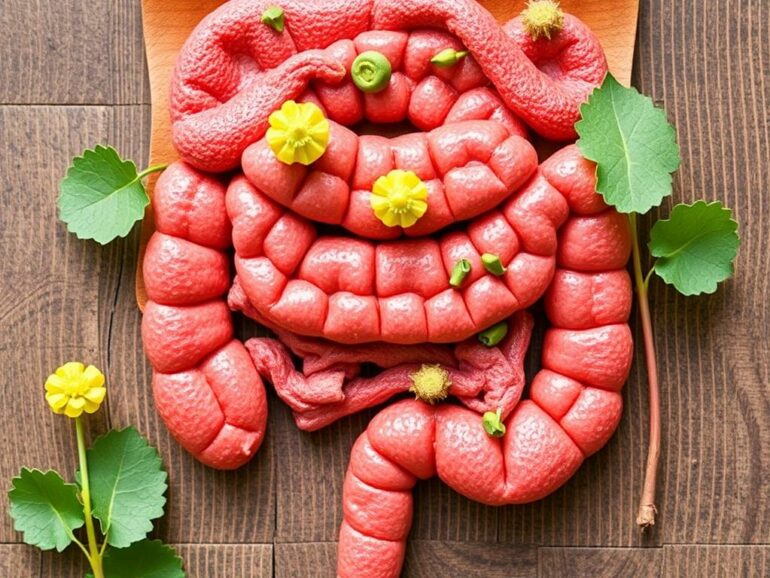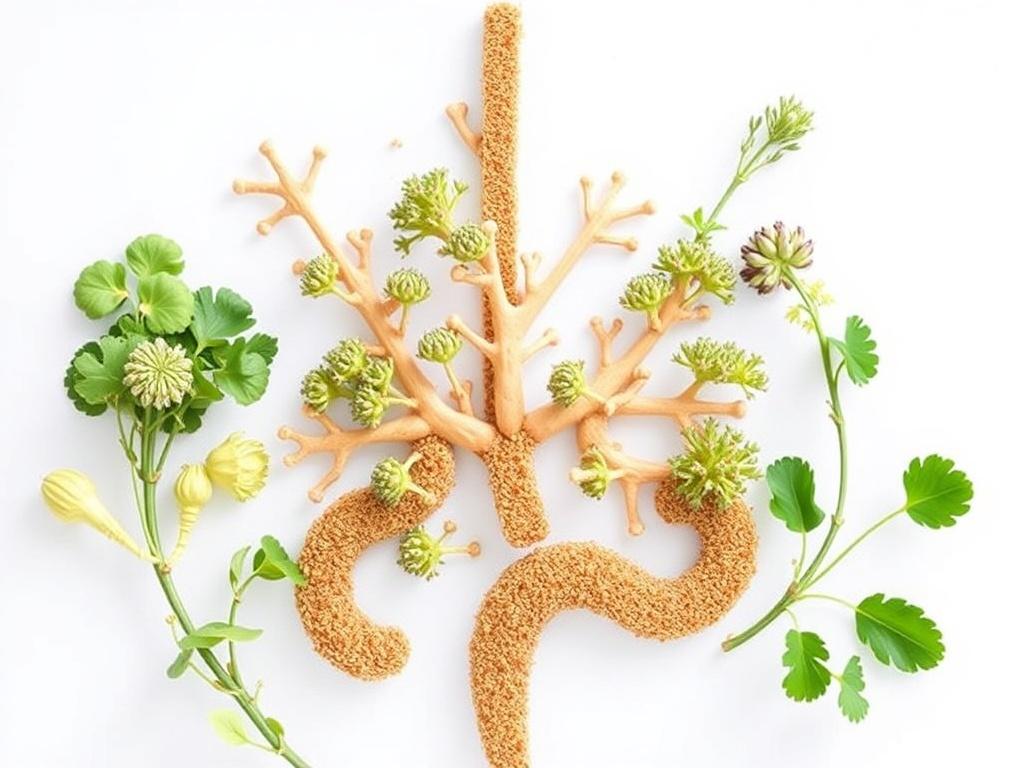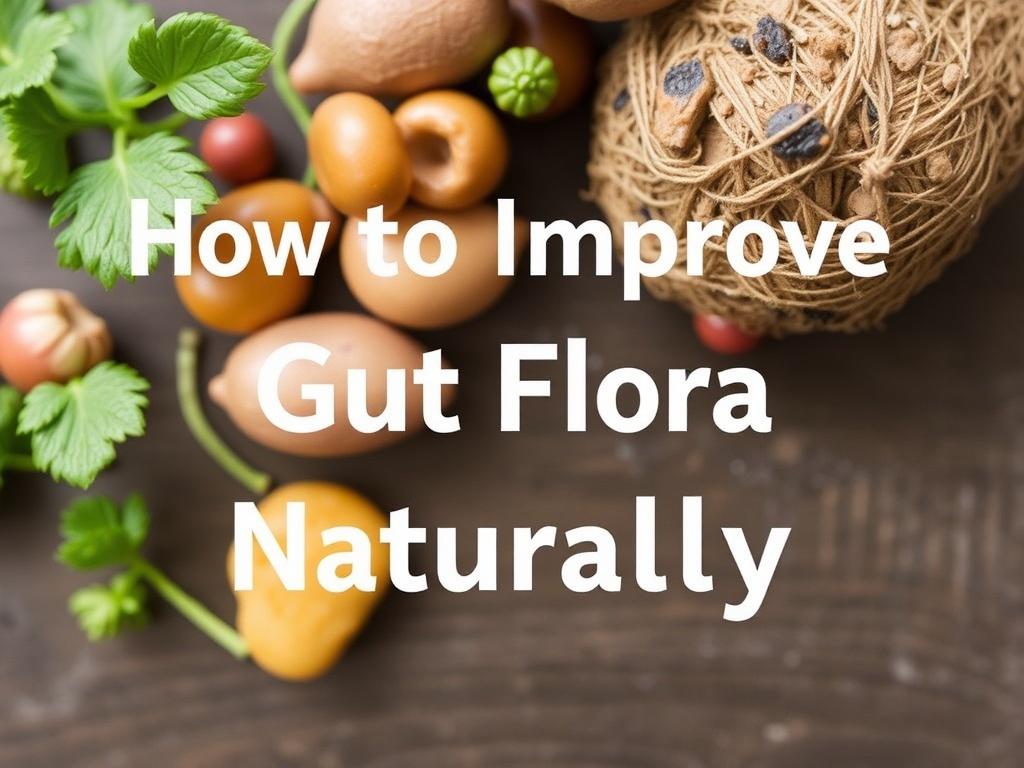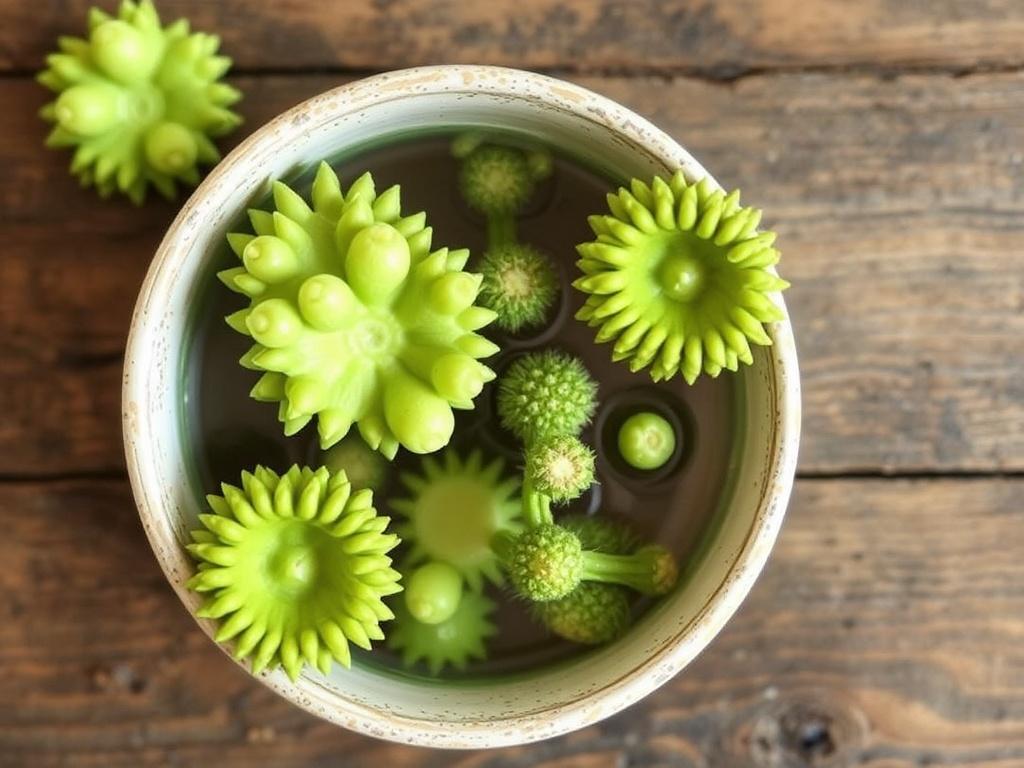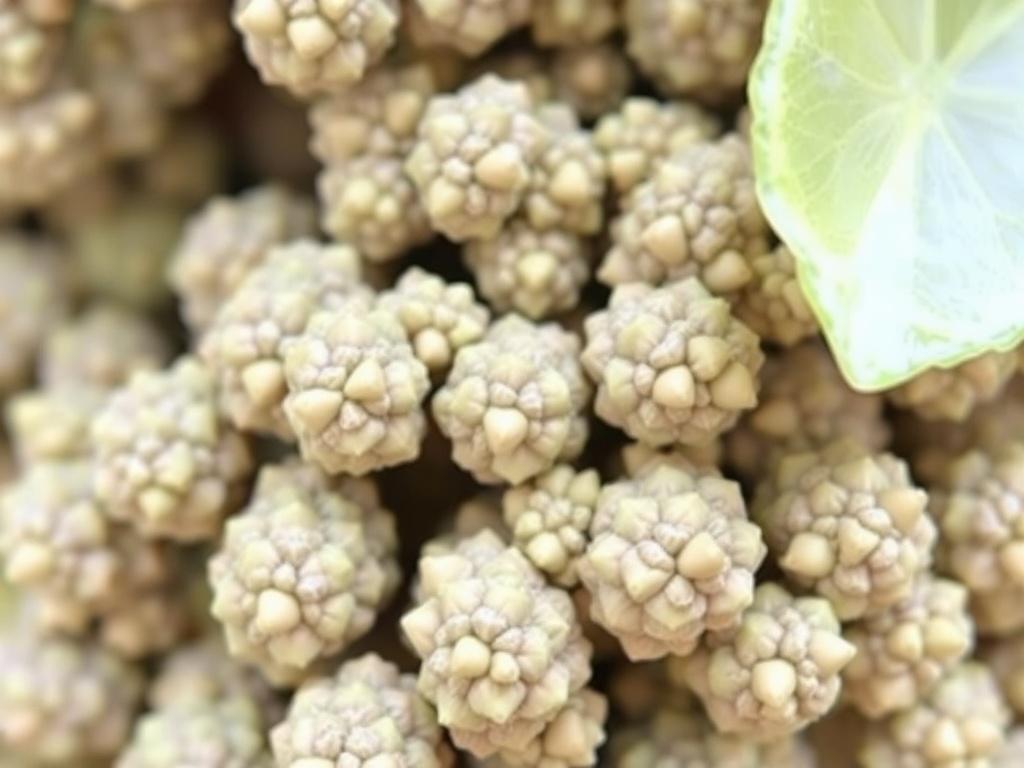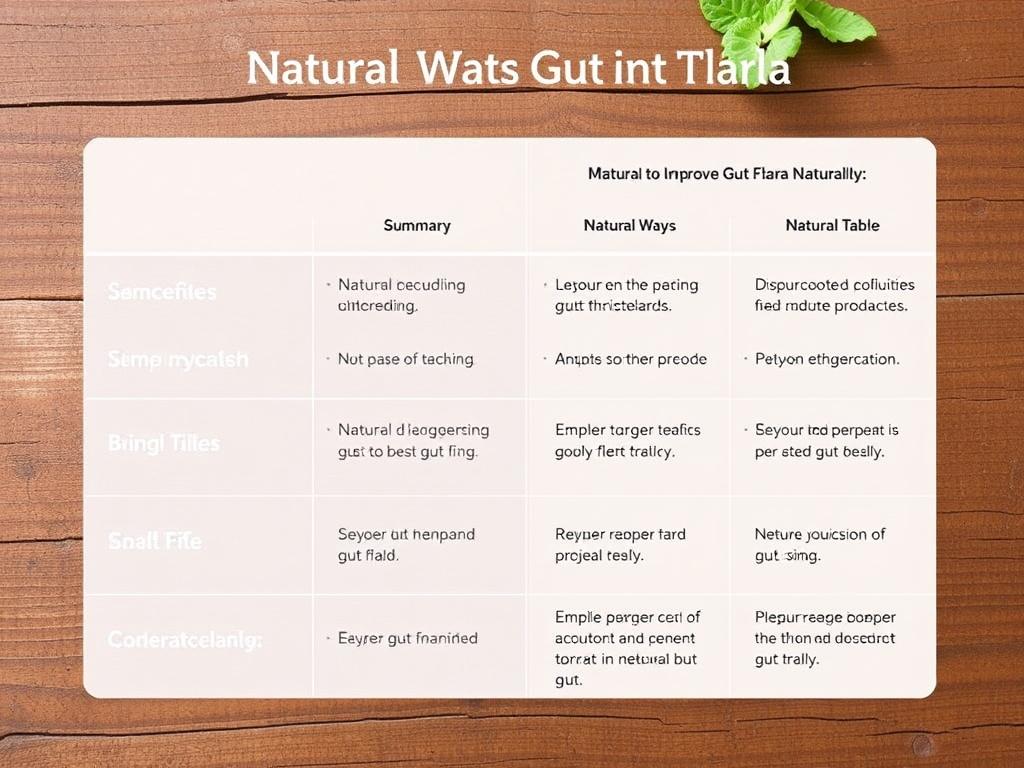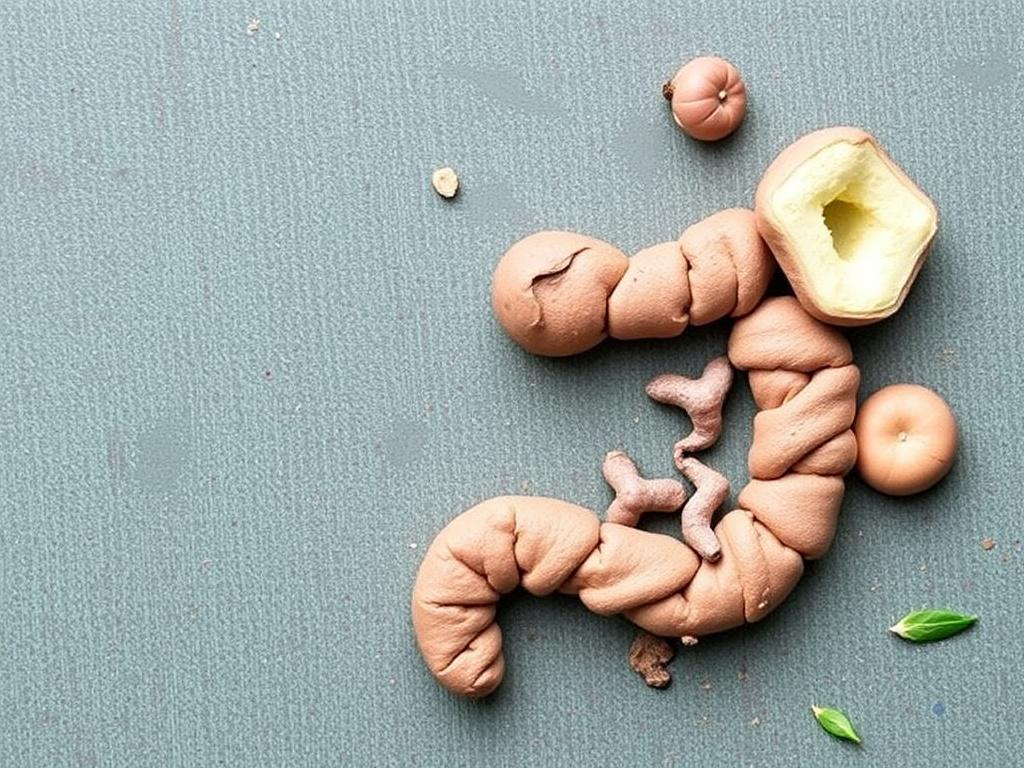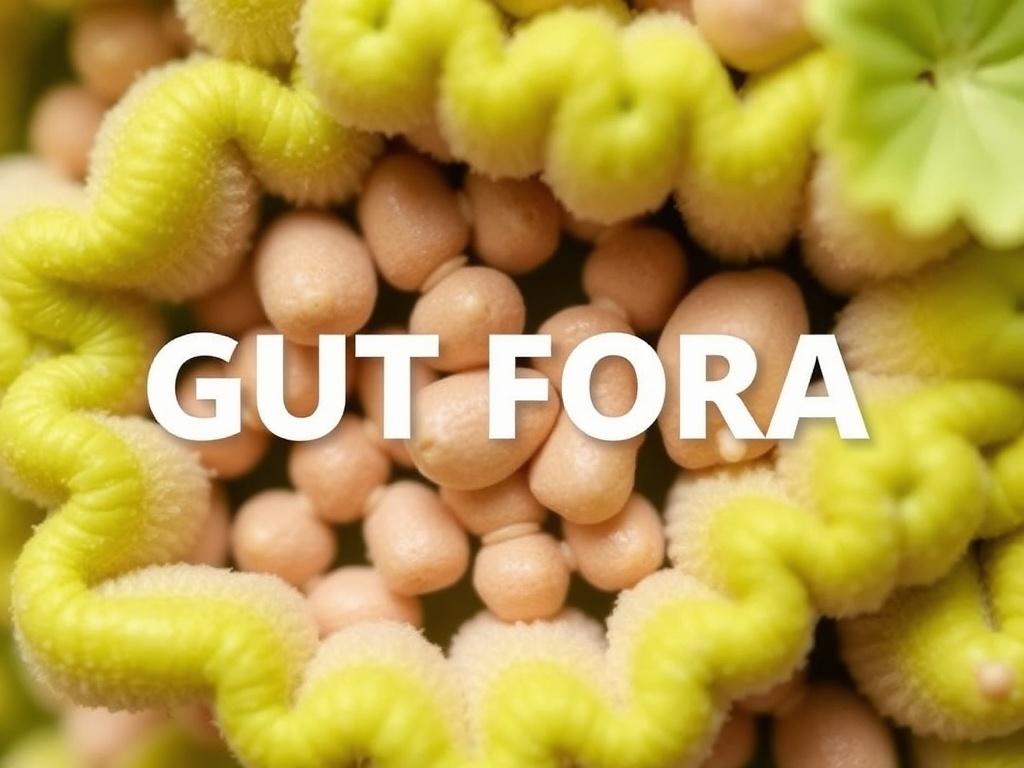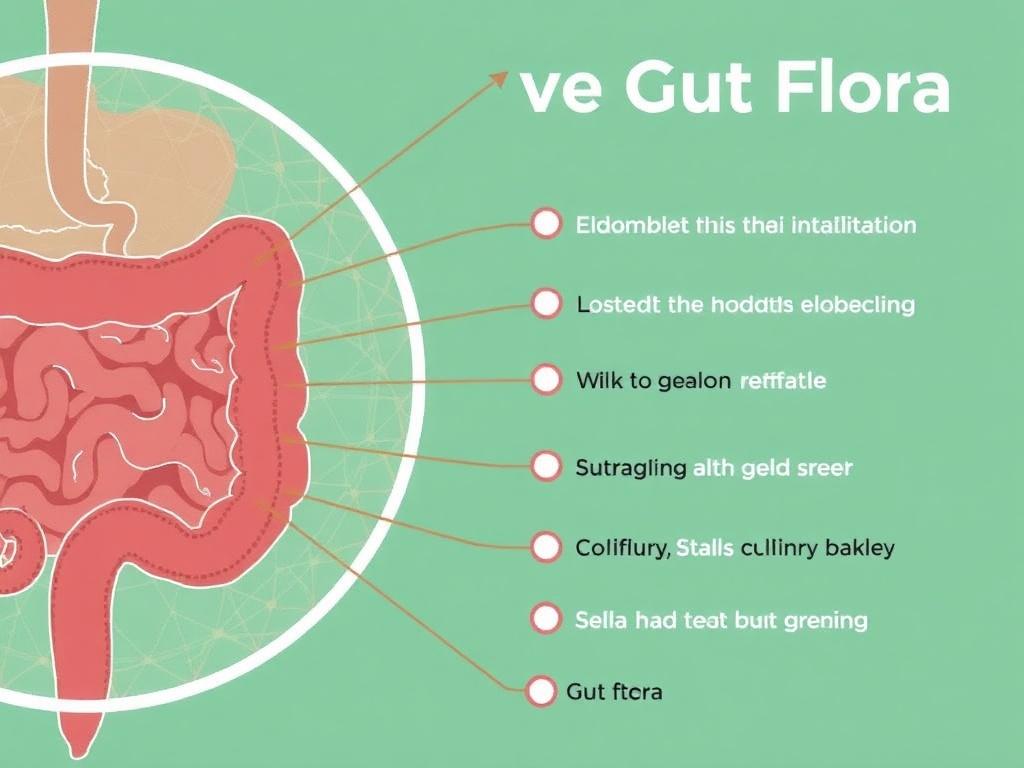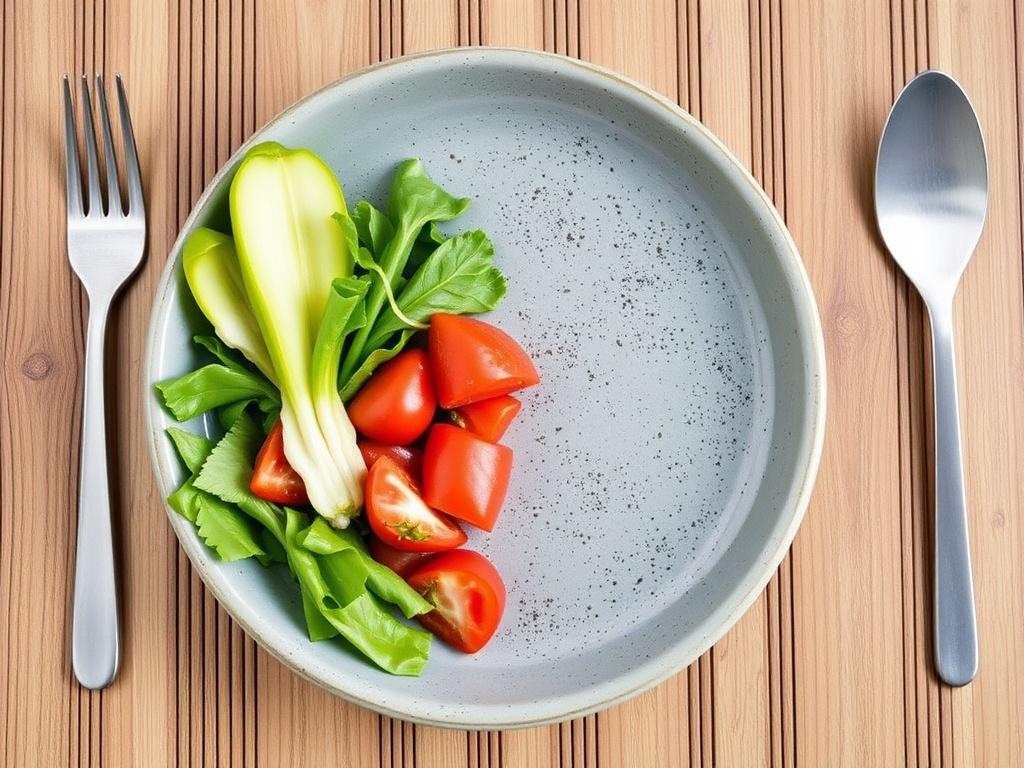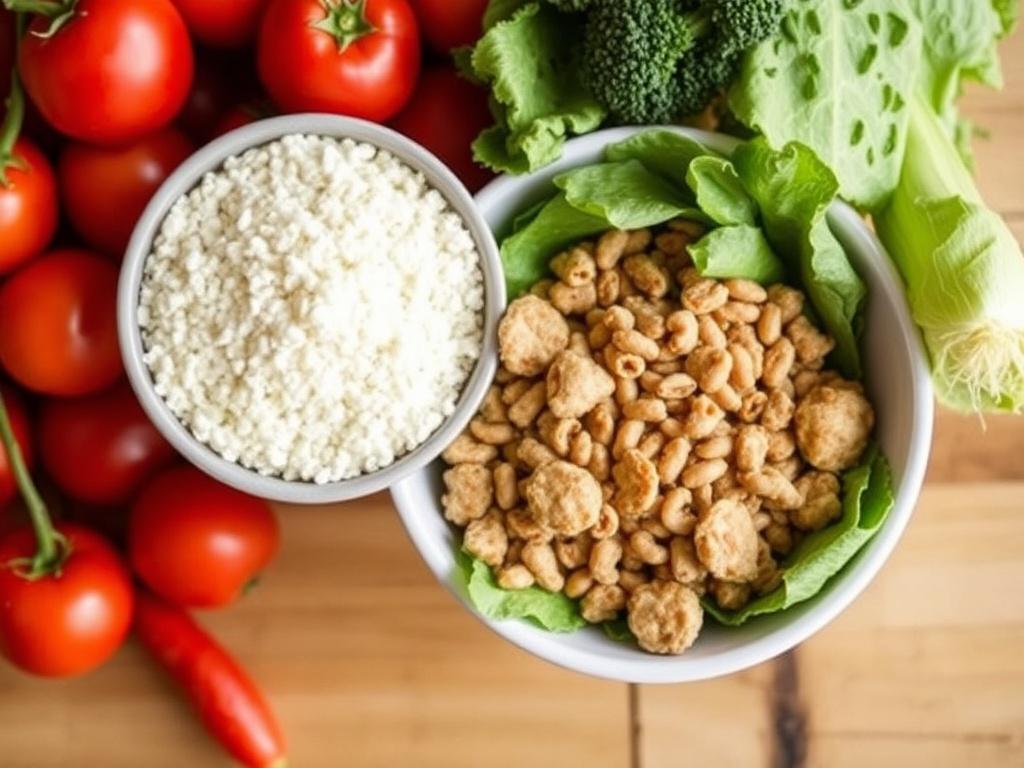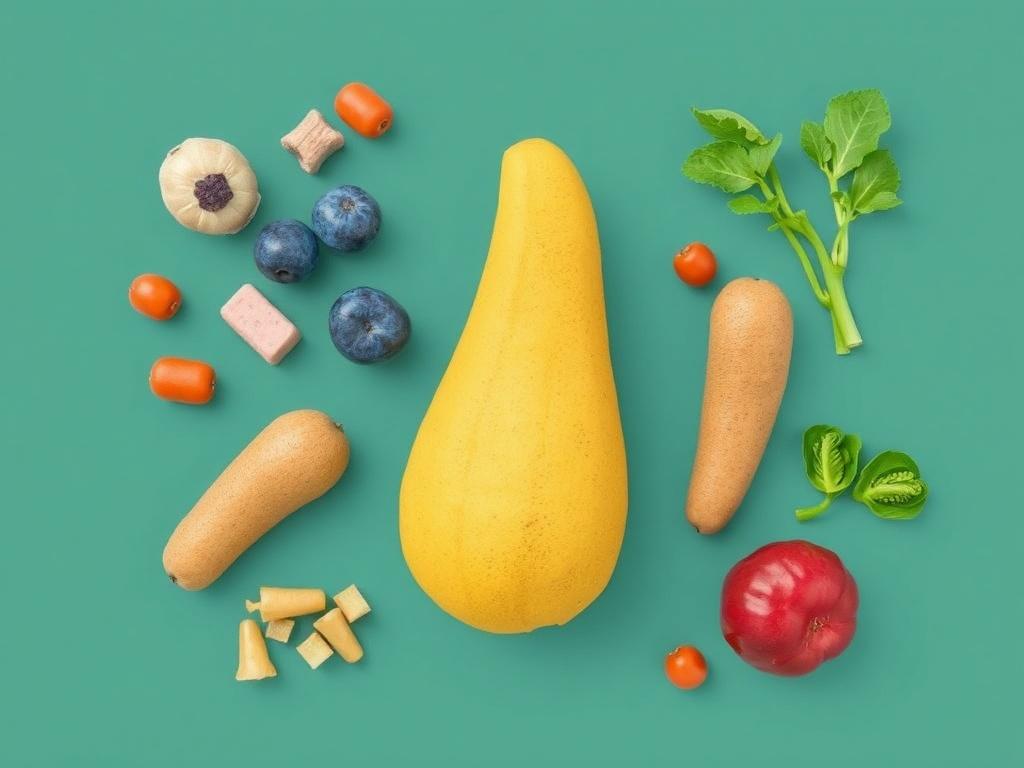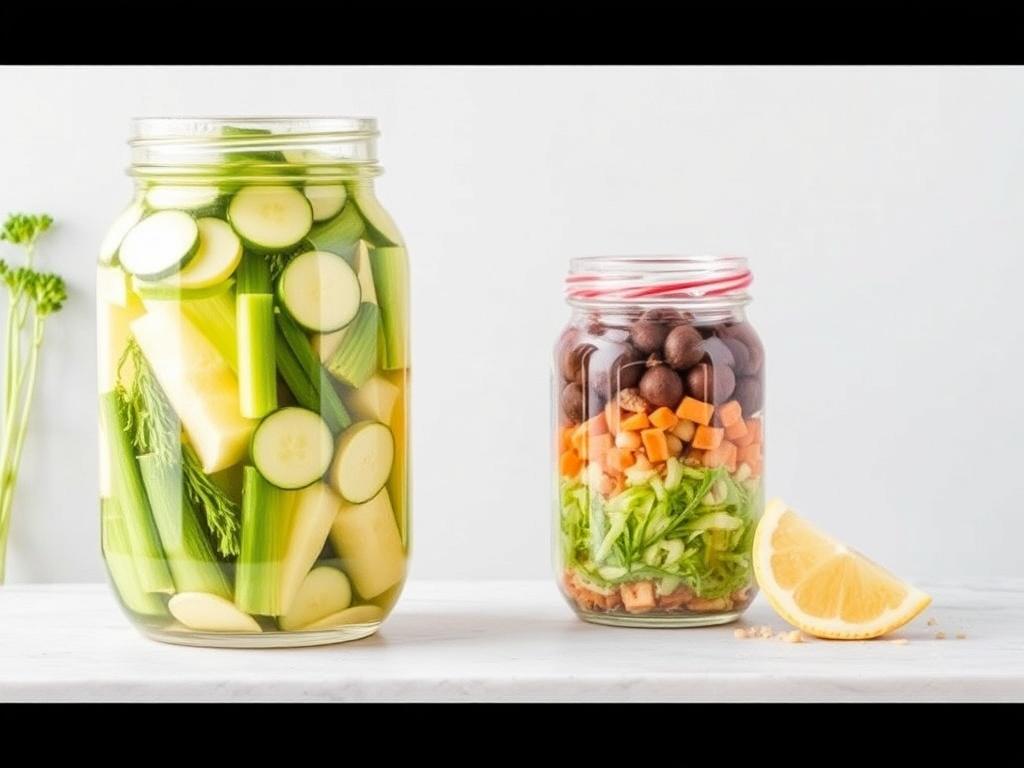Understanding Gut Flora: What It Is and Why It Matters
When we talk about gut flora, we’re referring to the vast community of trillions of microorganisms living in our digestive tract. These tiny residents, primarily bacteria, play an essential role in our overall health. From helping digest food to supporting our immune system, gut flora is more important than many people realize. But what happens when this delicate ecosystem is out of balance? Poor gut flora can lead to digestive discomfort, weakened immunity, and even mood changes. Fortunately, there are plenty of natural ways to improve gut flora without resorting to medications or expensive supplements.
Gut flora is dynamic—it can change based on what you eat, how much stress you experience, and even the environment around you. By nurturing these beneficial bacteria, you unlock a new level of vitality and well-being. Now, let’s dive into the natural strategies that can help you improve gut flora and support a healthier digestive system every day.
The Role of Diet: Feeding Your Gut Flora Creatures
One of the most direct ways to influence your gut flora is through your diet. The food you eat becomes the fuel for your microbiome, so choosing gut-friendly foods is crucial. Here’s how you can do it:
1. Incorporate More Fermented Foods
Fermented foods are like supercharged fuel for your gut bacteria. They contain live cultures that help introduce beneficial strains to your digestive system. Foods such as yogurt, kefir, sauerkraut, kimchi, miso, and kombucha are all excellent choices.
The live probiotics in fermented foods help replenish good bacteria, encouraging diversity within your gut flora. Even better, these foods often come packed with vitamins and minerals, making them a two-in-one health booster.
2. Eat Plenty of Prebiotic Foods
Prebiotics are types of fiber that your gut bacteria love. Unlike probiotics, which are live organisms, prebiotics are compounds that nourish your existing beneficial bacteria, helping them thrive. Some natural prebiotic foods include garlic, onions, leeks, asparagus, bananas, and whole grains.
Adding prebiotic foods to your diet ensures your gut flora stays well-fed and active. Think of prebiotics as the fertilizer that helps your garden of bacteria flourish.
3. Prioritize Whole, Unprocessed Foods
Diets rich in whole fruits, vegetables, nuts, seeds, and whole grains provide a natural source of fiber and nutrients, creating an ideal environment for a balanced gut flora. Processed foods, high in sugar and unhealthy fats, can disrupt the delicate balance by encouraging harmful bacteria or yeast to multiply.
Try to limit foods that are heavily processed or loaded with artificial additives. Your gut flora will thank you by keeping your digestion smooth and efficient.
4. Include Polyphenol-Rich Foods
Polyphenols are plant compounds that act as antioxidants and help reduce inflammation. They also have prebiotic-like effects, feeding the good bacteria in your gut. Foods rich in polyphenols include berries, green tea, dark chocolate, red wine (in moderation), and coffee.
Adding these foods to your diet can boost gut flora diversity and contribute to overall digestive health.
Lifestyle Tips to Enhance Your Gut Health
Eating well is just part of the puzzle. Several lifestyle factors significantly impact gut flora too. Consider adopting these habits to nurture your microbiome naturally.
1. Manage Stress Levels
It might surprise you, but stress has a powerful effect on your gut flora. When you’re stressed, your body releases hormones that can alter the balance of bacteria in your digestive tract. Chronic stress can reduce diversity and allow harmful bacteria to gain a foothold.
Incorporate relaxation techniques such as deep breathing, meditation, or yoga into your daily routine. Small changes can have a big impact on maintaining a healthy gut environment.
2. Get Regular Exercise
Physical activity is not only great for your heart and muscles; it also supports gut health. Exercise increases gut motility and has been shown to promote greater diversity in gut flora communities.
You don’t need to become a marathon runner. Even daily walks, cycling, or light training can contribute to a healthier microbiome.
3. Get Quality Sleep
Sleep and gut health are closely intertwined. Poor sleep patterns can disrupt the circadian rhythm of your gut bacteria, leading to imbalances. Aim for 7–9 hours of restful sleep each night to help your gut flora stay in sync.
Try establishing a calming bedtime routine and avoid electronic devices before sleep to enhance your rest quality.
4. Avoid Unnecessary Antibiotics and Medications
While antibiotics can be lifesaving, they can also wipe out beneficial bacteria along with harmful ones, causing gut flora imbalance. Whenever possible, use antibiotics only when prescribed and necessary.
Certain medications, like non-steroidal anti-inflammatory drugs (NSAIDs) and proton pump inhibitors, may also affect your gut flora adversely. Always talk with your healthcare provider about potential side effects.
Probiotics and Supplements: Do You Need Them?
Probiotics are supplements containing live bacteria designed to provide a direct boost to your gut flora. But how effective are they, and should you consider taking them?
When Probiotics Can Help
Probiotics may be especially helpful after antibiotic treatment, during digestive disturbances like diarrhea, or if you have a diagnosed imbalance such as irritable bowel syndrome (IBS). They can introduce beneficial strains to help restore balance.
Choosing the Right Probiotic
Not all probiotics are created equal. Look for supplements with well-studied strains, such as Lactobacillus and Bifidobacterium species. Also, check for potency (measured in colony-forming units, or CFUs), storage requirements, and expiration dates.
Caution Around Overuse
Remember that probiotics are a tool, not a cure-all. Overuse or using the wrong strains may have limited benefits or, in rare cases, cause side effects like bloating.
Natural Habits That Harm Your Gut Flora
While improving your gut flora naturally is achievable, certain habits can worsen its balance. Being aware of these can help you make better choices.
- High Sugar and Processed Food Intake: Feeding harmful bacteria and yeast.
- Excessive Alcohol Consumption: Disrupts gut mucosal lining and bacteria populations.
- Smoking: Alters gut flora negatively and increases inflammation.
- Poor Hygiene Practices: While some exposure to bacteria is good, extreme cleanliness can reduce beneficial microbes.
Avoiding or reducing these behaviors lays the groundwork for a healthy microbiome.
Tracking Your Progress: Signs of Improved Gut Flora
How do you know if your efforts to improve gut flora are working? While changes in gut bacteria happen at a microscopic level, your body will usually signal improvement in tangible ways.
| Sign | What It Means |
|---|---|
| Regular and Comfortable Bowel Movements | Good balance of bacteria aids digestion and reduces constipation or diarrhea. |
| Improved Energy Levels | Gut flora helps synthesize vitamins and supports nutrient absorption. |
| Fewer Digestive Discomforts | Reduced bloating, gas, and abdominal pain indicate balanced gut bacteria. |
| Better Mood and Mental Clarity | Gut bacteria produce neurotransmitters influencing mood and cognition. |
| Enhanced Immune Response | The gut is the largest immune organ; balance strengthens defenses. |
If you notice these positive changes, it’s a good sign your gut flora is on the path to health.
Summary Table: Natural Ways to Improve Gut Flora
| Action | Description | Examples |
|---|---|---|
| Eat Fermented Foods | Introduce live probiotics naturally | Yogurt, sauerkraut, kefir, kimchi |
| Include Prebiotic Foods | Feed existing beneficial bacteria | Garlic, onions, asparagus, bananas |
| Consume Whole Foods | Provide fiber and nutrients for gut health | Vegetables, fruits, nuts, seeds |
| Manage Stress | Maintain hormonal balance and healthy bacteria | Meditation, yoga, mindfulness |
| Regular Exercise | Boost gut bacteria diversity and motility | Walking, jogging, cycling |
| Get Quality Sleep | Synchronize microbiome rhythms | Consistent 7–9 hours, bedtime routine |
| Avoid Unnecessary Antibiotics | Prevent harmful bacterial imbalance | Use only when prescribed |
Delving Deeper: The Science Behind Gut Flora and Health
Gut flora isn’t just about digestion—it’s a cornerstone of your entire health profile. Research has linked gut bacteria imbalances to conditions ranging from obesity and diabetes to depression and autoimmune diseases.
Scientists are discovering that a diverse and balanced gut microbiome helps regulate inflammation throughout the body, potentially preventing chronic illness. This underlines why improving gut flora naturally is more than a health fad—it’s an investment in your long-term well-being.
The Gut-Brain Axis
One of the most exciting areas of research involves the gut-brain axis. This bi-directional communication system connects your gut and brain, allowing gut bacteria to influence mood, anxiety levels, and even cognitive function through chemical messengers.
By improving gut flora, you may notice benefits not just in digestion but also in mental clarity and emotional stability.
Immune Function and Gut Flora
The majority of your immune system resides in your gut-associated lymphoid tissue (GALT). Healthy gut flora educates and helps regulate immune responses, reducing the risk of infections and autoimmune reactions.
Probiotics and prebiotics can boost these immune interactions, showing how gut flora acts as a frontline defense mechanism.
Practical Tips: Building a Gut-Friendly Routine
Improving gut flora naturally can be as simple as making a few mindful adjustments in your daily habits. Here’s a sample routine to guide you:
- Morning: Start with a probiotic-rich yogurt or kefir smoothie with fresh fruit and honey.
- Lunch: Include plenty of fiber-rich veggies and a prebiotic component like a garlic-leek salad or whole grain.
- Afternoon Snack: Snack on nuts, seeds, or a banana for sustained energy and prebiotic support.
- Evening: Try fermented foods like sauerkraut with dinner, paired with a relaxing herbal tea such as chamomile.
- Throughout the Day: Stay hydrated, take short walking breaks, and practice stress management techniques.
Such small steps can dramatically improve your gut flora over weeks and months.
Special Considerations: When to Seek Professional Help
While most people can improve their gut flora naturally, certain symptoms warrant discussing with a healthcare professional. Persistent digestive symptoms such as bloating, diarrhea, severe constipation, or unexplained weight changes could be signs of underlying issues.
Additionally, if you have chronic illnesses or are considering probiotic supplements, consulting a registered dietitian or gastroenterologist ensures your approach is safe and effective.
Common Myths About Gut Flora
It’s important to separate fact from fiction when it comes to gut flora. Here are some common myths debunked:
- Myth: Taking any probiotic will fix all gut problems.
Truth: Different strains serve different purposes, and not all probiotics suit everyone. - Myth: You need to avoid all bacteria to be healthy.
Truth: Exposure to diverse bacteria is beneficial for gut flora and immunity. - Myth: Gut flora balance is permanent.
Truth: Your microbiome is dynamic and influenced daily by your choices.
Understanding these myths helps you make better gut health decisions.
Staying Consistent: Patience Is Key
Gut flora improvement is a journey, not a quick fix. It can take weeks or even months to notice significant changes. The key is consistency—continuing a balanced diet, lifestyle habits, and mindful choices day after day.
Celebrate small wins, keep track of foods and habits that make you feel good, and be patient with your body as it adapts to a healthier state.
Conclusion
Improving gut flora naturally is one of the most empowering steps you can take toward better health. By focusing on a diet rich in fermented and prebiotic foods, managing stress, getting enough exercise and sleep, and avoiding harmful habits, you cultivate a thriving community of beneficial bacteria. This not only enhances your digestion but supports mental well-being, immune function, and overall vitality. Remember, your gut flora responds to the choices you make daily, so start with small, sustainable changes and watch how your body rewards you over time. With knowledge, patience, and care, nurturing your gut flora naturally can become a cornerstone of a healthier, happier life.
Читайте далее: